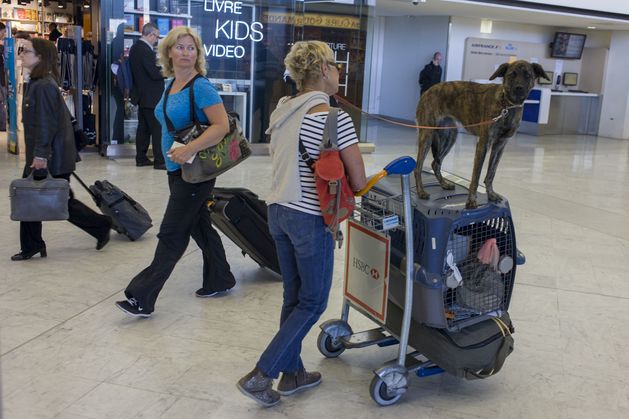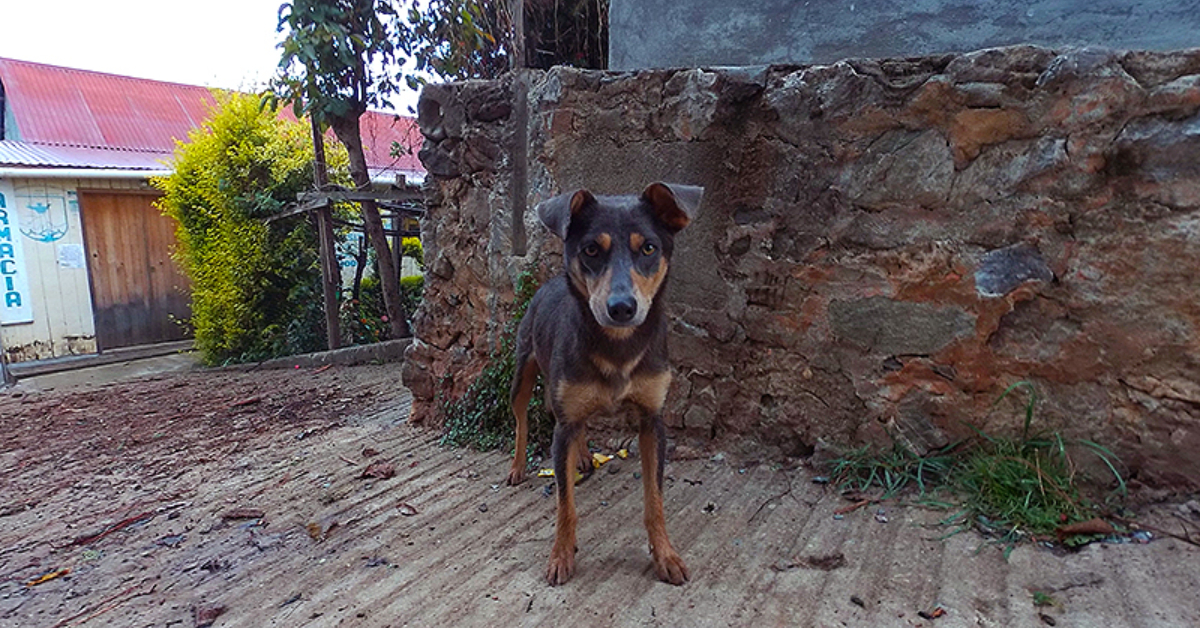The new equipment means that animals can once again travel in the hold of an aircraft. The facility is in Terminal 1, but passengers traveling from both terminals can use it. The process uses X-ray equipment suitable for animals.
In recent years, checking pets into the hold has not been possible at Dublin Airport due to an overhaul of the baggage handling system in both terminals.
However, as a result of a hefty investment and the creation of a new screening room, animals can now be screened safely, allowing them to be carried in the hold of aircraft departing from Dublin.
Those interested in using the service should contact the airline in advance of their trip. Specific airlines only take guide/assistance dogs and other pets are not carried, even in cargo.
When they reach the airport, they should go to their check-in area in either terminal or complete the check-in process before airline staff advise them on the next steps at the screening facility.
Dublin Airport has invested in a new animal screening facility in Terminal 1
“We’re delighted to reintroduce this service at Dublin Airport as we know it’s something a lot of passengers really wanted,” said Graeme McQueen, Media Relations Manager at daa, the operator of Dublin Airport.
“The facility is up and running, and we’re looking forward to seeing lots of happy owners and even happier pets travelling through Dublin Airport once again.
“The screening area is for all types of animals, not just dogs, and all animals are screened. Checking animals into the hold has not been possible for the past two years due to the installation of our new baggage holding system,” he added.
People using this service should have their pet in a suitable transport crate that is well-ventilated, leak-proof, and securely contains the animal.
The size of the crate also matters, as the maximum size can only be 950mm in height, a width of 950mm, and a length of 2m.
Where a pet is off to on their adventures also depends on their size, weight and type of animal. There are also different rules that apply to special assistance animals.
The pet needs to have enough room to move freely, and Dublin Airport advises people considering travelling alongside their pet to allow for additional time to check in.
For overseas travel, dogs and cats may also need a valid pet passport, a microchip, particular vaccinations, and a veterinary health certificate.





